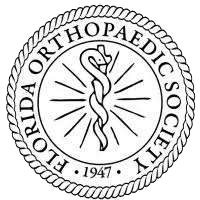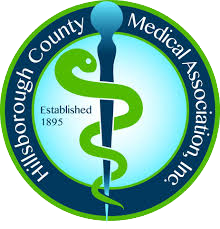Choosing the right expert witness can make or break your case. A strong expert helps clarify complicated topics, builds credibility with the jury, and provides clear, consistent support for your argument. On the flip side, the wrong expert can lead to confusion, missed opportunities, or even undermine your entire strategy.
Here are some of the most common mistakes attorneys make when selecting an expert witness—and practical ways to avoid them.
- Waiting Too Long to Bring in an Expert
Timing matters. One of the most common mistakes is waiting until the last minute to involve an expert. This can limit their ability to review case materials thoroughly, form well-developed opinions, or help shape discovery strategies. It may also reduce the chance of spotting critical issues early.
Avoid it: Bring your expert in as early as possible, ideally during the investigation phase. This allows time to develop a clear understanding of the case, review medical records or technical reports, and help you anticipate areas that may be challenged later.
-
Choosing an Expert Based Only on Credentials
Impressive degrees and job titles might look great on paper, but they don’t guarantee the expert will connect with a jury or communicate effectively. An expert who can’t clearly explain their opinion, or who becomes defensive under pressure, can quickly become a liability.
Avoid it: Look beyond the resume. During your initial conversation, pay close attention to how the expert explains concepts. Do they speak in plain language? Are they comfortable answering tough questions? Ask about past deposition or trial experience and how they approach cross-examination.
-
Overlooking Communication Skills
An expert may know their subject inside and out but still struggle to explain it to non-specialists. Juries don’t want a lecture; they need guidance. If the expert is overly technical, vague, or stiff, their message won’t land.
Avoid it: Choose an expert who can translate complex concepts into something relatable and clear. Look for someone who listens well, adapts their explanations to different audiences, and stays calm under pressure. If you’re not sure, ask to review a sample report or watch a video of them speaking.
-
Ignoring Personality Fit
This one is often overlooked. Your expert will be part of your team throughout the life of the case. If there’s a mismatch in communication style, responsiveness, or expectations, it can create friction and slow things down.
Avoid it: Look for someone who is not only qualified but easy to work with. They should respond promptly, keep you informed, and be open to feedback. A good personality fit helps everything run more smoothly, from prep calls to court appearances.
Select an Expert Medical Witness Who Will Help Your Case—Not Hurt It
The right expert doesn’t just bring knowledge; they bring clarity, reliability, and confidence to your case. By avoiding these common mistakes, you’ll be better positioned to select an expert who supports your goals, works well with your team, and communicates in a way that juries trust. The sooner you make that connection, the stronger your case will be.
At Tampa Orthopaedic & Sports Medicine, our orthopedic expert witnesses provide CMEs, IMEs, detailed case reviews, and clear, reliable reports. Contact us today to learn how we can support your case.












